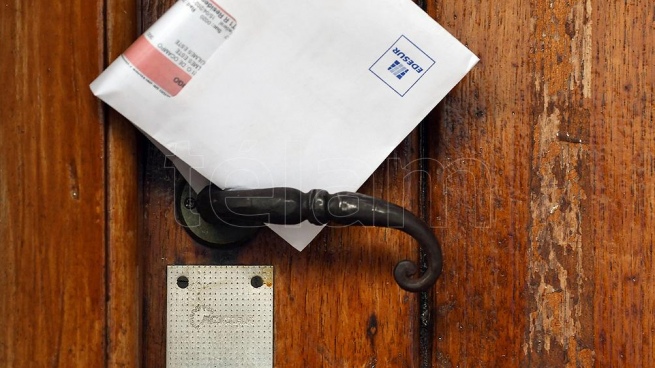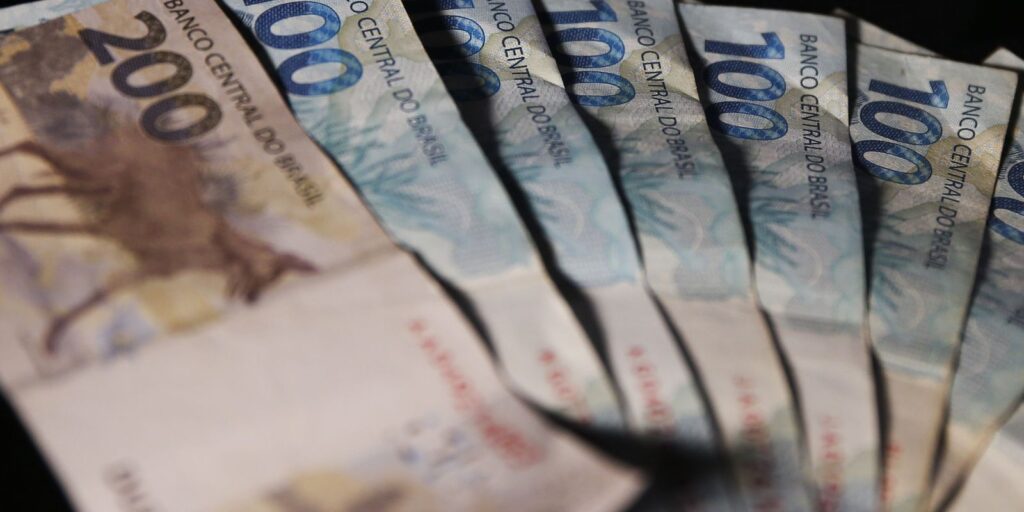The public hearings for the update of the rates of gas and electricity services by networks, and the segmentation of subsidies, will be held on May 10, 11 and 12, in accordance with the call of the Secretary of Energy released this Thursday. The official dependency pointed out that the new scheme will be governed by the principle of “graduality”.
They also emphasized that all the beneficiaries of the social gas rate will not be reached by a new increase during this yearwhile for electricity users in the Buenos Aires Metropolitan Area (AMBA) who have this benefit, the new correction will not exceed 6% on average.
The 10% of residential users of gas and electricity services with the greatest ability to pay will no longer receive the benefit of the energy subsidy.
In this way, for the majority of residential users of Edenor and Edesur -excluding those who are beneficiaries of the social rate- electricity bills would have an average correction of 17%. For its part, this average correction for the majority of gas users in the country will be 21.5%, with slight variations according to the regions.
The implementation of a tariff scheme for gas and electricity services for the biennium 2022/2023 -with “criteria of justice and distributive equity” that includes the segmentation policy and does not exceed the level of wages- is part of the program agreed by the Government with the International Monetary Fund (IMF).
Through resolutions 235, 236 and 237/2022, the portfolio in charge of Darío Martínez established the call for public hearings that will put these mechanisms and rate updates for the consideration of users.
The same They will especially contemplate the situation of the “vulnerable sectors and those with less capacity to pay”within the margins defined there and that will be governed by the principle of “graduality”, they highlighted from the Ministry of Energy.
In this way, the tariff updating process defined by the national government in the economic program begins, which aims to achieve “reasonable tariff levels that can be applied with criteria of justice and distributive equity” for public services of gas and electricity.
This process will be governed according to criteria and guidelines of “graduality and proportionality” established in the National Constitution and indicated by the Supreme Court of Justice, they stressed.
Thus, the tariff update will be promoted, after a public hearing, with a scheme aimed at “protecting the most vulnerable sectors and those with the least ability to pay”, and in turn encouraging the “adoption of measures that promote the rational use of services and the reduction of the environmental impact”.
For residential users, a “rate correction related to the evolution of their income” will be considered as an objective criterion, represented by the salary variation coefficient (CVS), as established by Law No. 27,443, frustrated by the total veto imposed by the previous administration.
For 90% of residential users, this mechanism guarantees that rate updates are always lower than salary increasesimplying corrections in their bills that are less than the increase in income in real terms.
The objective of this criterion is “to protect real income and improve the distributive aspect of the subsidy policy,” the resolutions maintain in their recitals.
Thus, the tariff scheme for the 2022-2023 biennium contemplates that gas users who are beneficiaries of the social tariff will not have another increase in their bill this year, and by 2023, that correction will be equivalent to 40% of the previous year’s CVS.
While, For the beneficiaries of the social rate of the Edenor and Edesur electricity distributors, the new rate correction for 2022 will not exceed 6%.
For the rest of the users, the total increase in the invoice for each calendar year will be equivalent to 80% of the Salary Variation Coefficient corresponding to the previous year.
Based on this scheme, for 2022 and considering the tariff update carried out last March, the proposed increase for June will be an average of 17% for the electricity tariffs of AMBA users, and an average of 21.5% on the value of the bill for gas users throughout the country.
By last, the band of 10% of users with the highest income and with full payment capacitywill no longer be beneficiaries of subsidies for energy consumption.


















